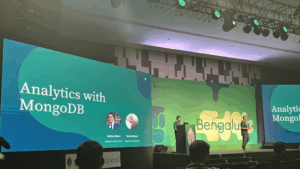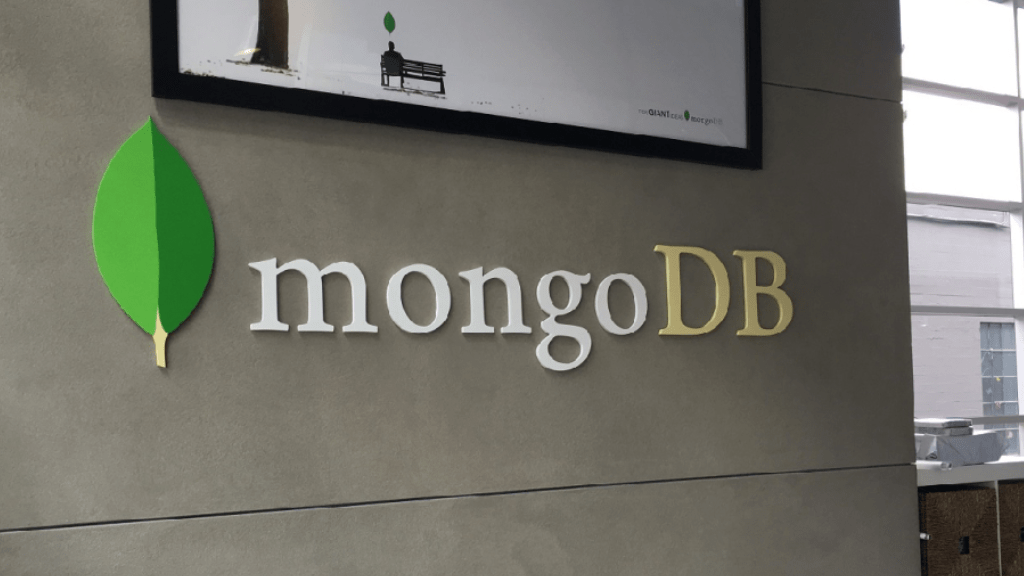In today’s fast-paced tech landscape, developers crave streamlined experiences. At MongoDB.local event in Bengaluru, the company unveiled innovations aimed at reducing the need for multiple interfaces by embedding MongoDB directly into developer workflows. Through local-first CLI tools, native IDE integrations, and AI copilots, MongoDB is enhancing developer efficiency. By owning the development loop from testing to deployment, MongoDB offers a comprehensive suite that combines database power with developer-friendly tools.
Central to this transformation is the MongoDB Atlas CLI, which allows developers to operate the full MongoDB stack locally. Boris Bialek, MongoDB’s VP and global field CTO, emphasized the capability to run full-text search and AI workloads without cloud dependency, likening it to having “Atlas on your laptop.” This enables developers to mirror production environments locally, test features offline, and accelerate iterative processes.

Moreover, MongoDB integrates deeply with popular IDEs, reducing context-switching for developers. The integration with VS Code and GitHub Copilot allows for query suggestions and parameter auto-generation in natural language. Similarly, JetBrains’ IntelliJ now supports MongoDB with features like autocomplete and performance tips, made possible through a public preview of its plugin. This approach is mirrored in MongoDB’s partnership with Microsoft, where extensions for Visual Studio provide experiences akin to SQL Server Management Studio.
The Model Context Protocol (MCP) further enhances these integrations, offering a bridge between code, AI, and databases. This protocol enables LLMs to intelligently query databases, providing a seamless experience within modern IDEs. Developers can pose natural language questions and receive live query previews, enhancing productivity.
Beyond tooling, MongoDB is expanding its integration with Microsoft’s platforms, allowing MongoDB data to be utilized in analytics and enterprise security frameworks. This positions MongoDB not only as a database but as a vital part of the coding ecosystem.
In India, MongoDB is becoming increasingly popular, with a significant presence across various sectors. Sachin Chawla, VP, India & ASEAN, noted that MongoDB’s AI capabilities are finding diverse applications, from startups like Zomato to large enterprises like Tata Digital. As Indian companies leapfrog legacy systems, MongoDB assists in modernizing applications with its full-stack capabilities.
MongoDB’s comprehensive platform supports AI development by managing unstructured AI data efficiently, providing a competitive edge. As new technologies emerge, MongoDB continues to enhance its offerings, focusing on developer-native solutions that simplify complex workflows.










